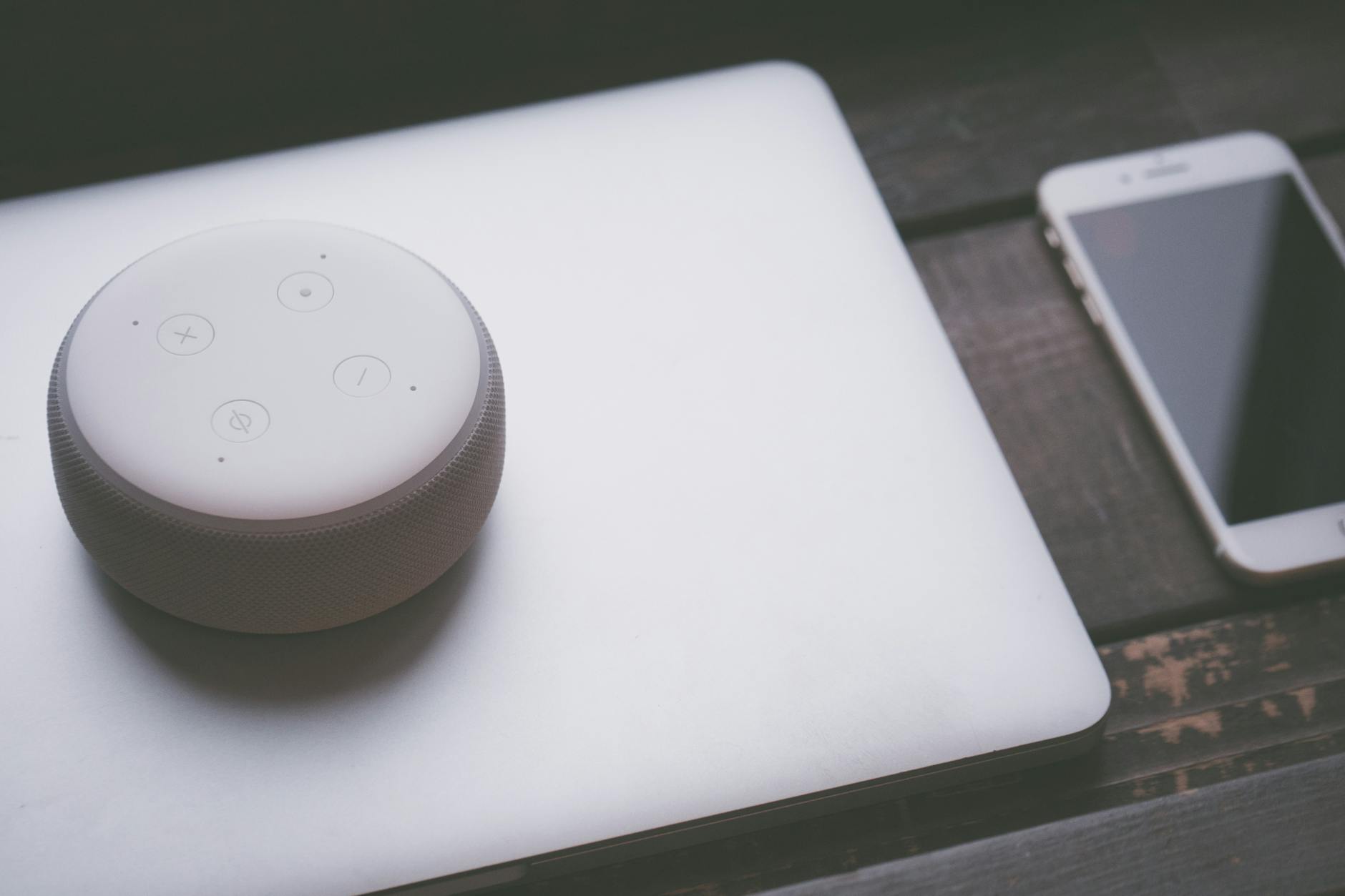
AI Assistants: Your Pocket-Sized Productivity Powerhouse
Remember the first time you asked Siri for the weather and felt like you were living in the future? Fast forward to today, and AI assistants have evolved from novelty gadgets to indispensable partners. As someone who’s tested over 20 AI tools this year alone, I can confidently say we’re witnessing a revolution – one where these digital helpers are quietly taking over the mundane so we can focus on what truly matters.
What Exactly Is an AI Assistant?
At its core, an AI assistant is like having a Swiss Army knife for your digital life. These intelligent programs combine natural language processing, machine learning, and sometimes even a dash of personality to help you navigate everything from scheduling meetings to explaining quantum physics (usually with better patience than your college professor).
The Nuts and Bolts Behind the Magic
Most modern AI assistants operate on a three-layer system:
- The Ears: Voice recognition that’s gotten scarily good at understanding mumbled commands
- The Brain: Machine learning models that improve with every interaction
- The Voice: Natural language generation that’s moving beyond robotic responses
What fascinates me most is how these systems learn. My Google Assistant now anticipates my morning routine better than my own mother – it knows exactly when to remind me about my dentist appointment without being asked.
2025 Trends: Where AI Assistants Are Headed
Having chatted with developers at CES this year, here’s what’s coming down the pipeline:
- Emotional Intelligence: Future assistants will detect stress in your voice and adjust responses accordingly
- Proactive Problem Solving: Instead of waiting for commands, they’ll suggest solutions before you realize you need them
- Seamless Device Integration: Your assistant will flow between phone, car, and smart fridge without missing a beat
Personally, I’m most excited about the potential for truly personalized learning. Imagine an assistant that not only reminds you to practice Spanish but adapts lessons based on which verb tenses trip you up most often.
AI Assistant Showdown: Finding Your Perfect Match
| Assistant | Best For | Secret Sauce | Quirks |
|---|---|---|---|
| Google Assistant | Android users & smart home control | Unmatched search integration | Sometimes too eager to show off its knowledge |
| Siri | Apple ecosystem loyalists | Privacy-focused design | Still pretends not to understand my dad jokes |
| Alexa | Online shoppers & music lovers | 70,000+ skills to choose from | Occasionally orders cat food without asking |
After extensive testing (and several accidental smart appliance purchases), I’ve found that the “best” assistant depends entirely on your tech ecosystem and personality. Google Assistant might school me at trivia, but Alexa’s the life of my dinner parties with its surprisingly decent karaoke skills.
Pro Tips From an AI Assistant Power User
Here are tricks I’ve learned the hard way:
- Teach it your speech patterns: Spend 10 minutes correcting misunderstandings – it pays off long-term
- Create custom routines: My “writing mode” command dims lights, plays focus music, and silences notifications
- Layer commands: “Hey Google, good morning” triggers my weather check, calendar review, and coffee machine simultaneously
The real game-changer? Combining assistants. I use Siri for personal tasks but keep Alexa in my office for work-related functions. It’s like having specialized employees rather than one overworked intern.
FAQs About AI Assistants
Are AI assistants always listening to me?
Most only activate after hearing their wake word, though they do store snippets to improve accuracy. If privacy is a concern, check your device’s settings – you can usually delete recordings.
Will AI assistants replace human assistants?
Not entirely, but they’re changing the job description. The best human assistants now focus on creative problem-solving while AI handles scheduling and data tasks.
Why does my assistant sometimes get things hilariously wrong?
Even with advanced NLP, these systems can struggle with homonyms and cultural references. My favorite blunder? When I asked about “Python programming” and got snake breeding tips instead.
The Future Is Conversational
As we approach 2025, AI assistants are evolving from tools to teammates. They’re becoming the invisible scaffolding that supports our increasingly complex digital lives – and when used strategically, they can give you back hours each week.
Ready to level up your AI assistant game? Start by picking one feature you do manually every day (meeting scheduling, grocery lists, etc.) and delegate it to your digital helper this week. Trust me, once you experience that first taste of automated efficiency, you’ll wonder how you ever lived without it.
Related: ai generated
Related: Best gaming humidifier
Also read: Amazon
Also read: SEMRush


